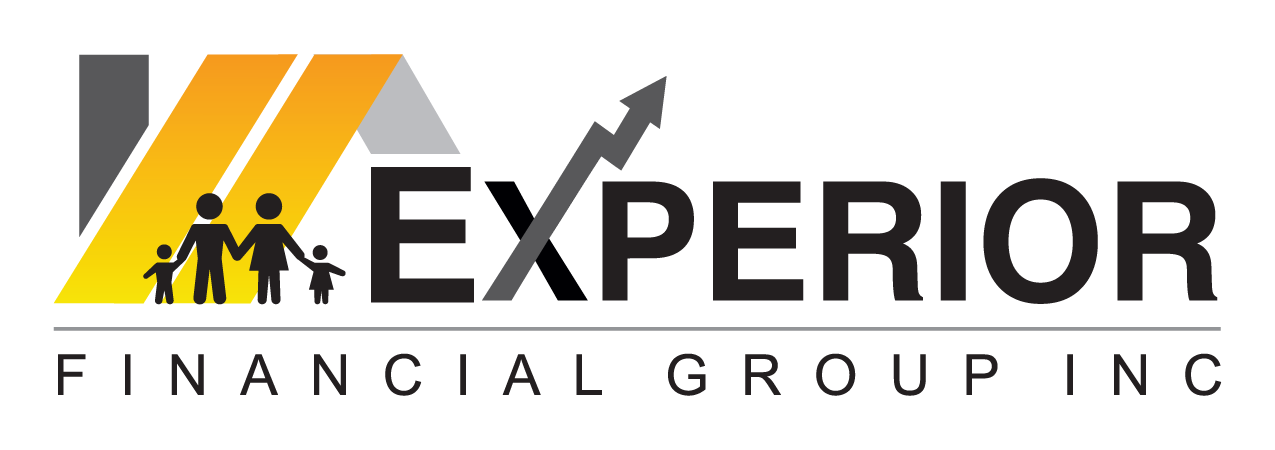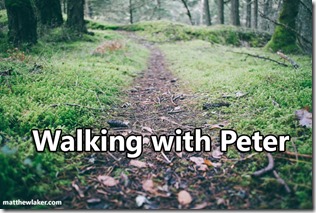“You can be anything you want to be,” was one of the cultural beliefs I remember hearing throughout my school years. Today this idea still seems to be a basic foundational belief in our culture.
The reality is this is just simple not true.
When American Idol first came out, people believed they were going to be pop stars and no one could tell them differently. It is true though, that someone could be rejected in that setting and still have the strength and talent to become a pop star, but the reality is, many could not. At the end of the day, many people still pursue a dream that does not align with their strengths.
This is a hard lesson to learn and accept in our life. At the same time just because we get a rejection, does not mean the dream is over. We need to adjust, and work out of our strengths. Working out of our strengths will give us greater opportunity.
As a follower of Jesus I see a connection to one of Jesus’ parables where there is a master who gives a certain amount of money to three individuals. The expectation is they invest it and then they can succeed with it. One person is not greater than the other, but each is given an amount based on their strengths and ability. If they accept that reality and work from it they can experience God deeper and have wholeness in their life.
Tom Rath in his book “Strengths Finder 2.0” shares “you cannot be anything you want to be — but you can be a lot more of who you already are”(Rath 8).[1]
Many people in North America work to try and hold up an identity they believe will bring them success. Many of us run after a false identity for too long. As I have watched and journeyed with others, the reality is we cannot be anything we want to be, but we can still be successful.
I believe we have God-given strengths that are unique to every person. Yes there are commonalities in people, but if we can understand our strengths and play to them, we can find success in life.
The greatest barrier to this will be accepting reality and not idolizing a dream that is false. If we work out of our God-given strengths, a wholeness can take shape.
Here are a few questions for reflection:
1. What are your strengths?
2. Based on your strengths, and assuming you fan their flame, how will this effect the direction of your life?
3. What skills are you needing to develop?
4. What is one step you can take this week to build on your strengths?
You may have a dream that is just a dream. However working out of your strengths will help you enter, engage and experience wholeness in life.
[1] Rath, Tom. StrengthFinder 2.0. Gallup Press. Kindle Edition.




